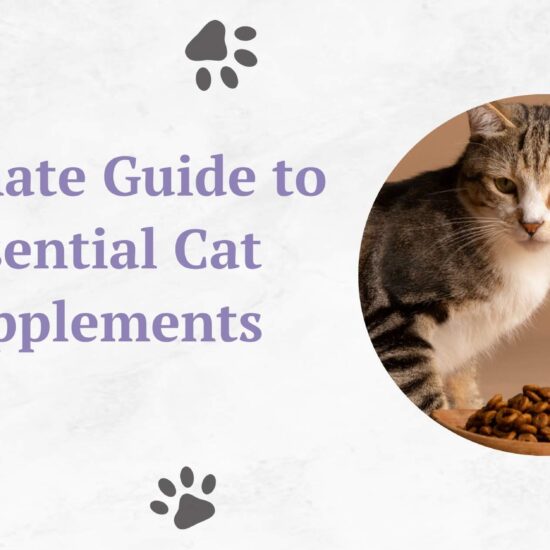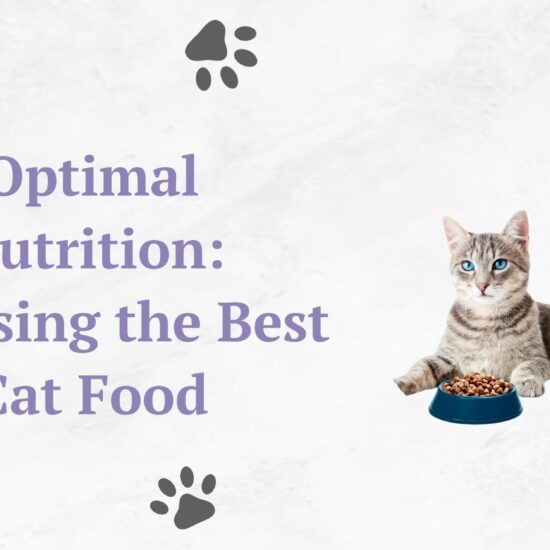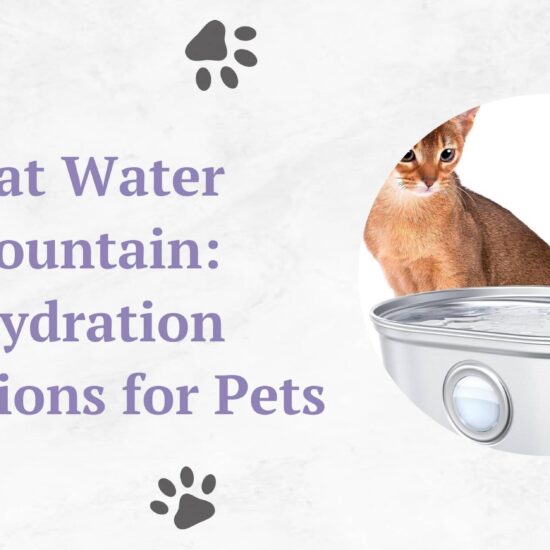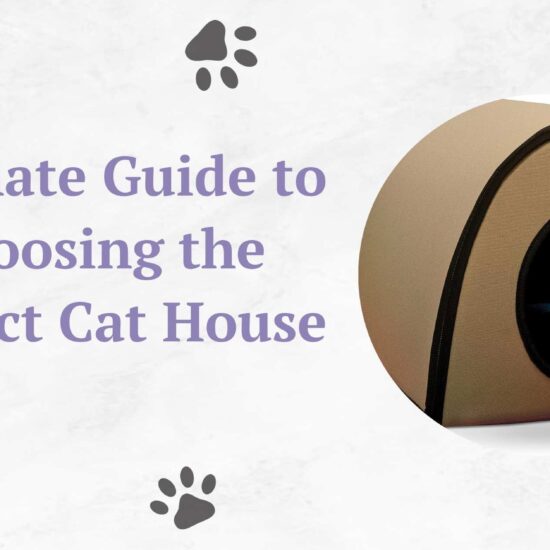What are the most prevalent ingredients in dog food? Are you concerned about the risks or cheap dog food problems that might compromise your pet’s health? Switching dog food brands can be too much because there are so many to pick from.
But your dog’s health and well-being need to feed them the right food. There is a big difference between unhealthy and healthy dog food. This is true whether you are worried about dog food recalls India or want to improving dog’s diet. This article will teach you how to change your dog’s diet in a safe and successful way. This way, your dog will get the nutrition they need without dealing with extra stress or digestive issues.
Table of Contents
Have you thought about giving your dog a different food?

Not only is it easy to change your dog’s food, but it’s also perfect for their health in the long run. Many pet owners are unaware of the low-quality dog food dangers that can lurk in cheaper options. There are small risks, like not getting enough nutrients, and bigger ones, like getting sick from harmful ingredients and chemicals. If you feed your dog bad food, there are real risks that can appear in several ways. There are fillers like wheat, soy and maize in a lot of cheap dog food, which can cause allergies, stomach problems and weight gain. These fillers don’t add much protein and are mostly empty calories. Not-so-good food might have only some nutrients your dog needs to grow and develop properly.
Why is it essential to make changes slowly?

Don’t change your dog’s food all of a sudden. Dog food transition tips like this one are crucial. An abrupt change can upset your dog’s stomach, making them throw up, have vomiting, or refuse to eat. Instead, slowly switch your dog to the new food so his body can get used to it. Combine a small amount of the new and old food for your dog. Add more of the latest food each day for seven to ten days. Do this slowly. If you change slowly, your dog’s stomach can get used to the new ingredients faster. You can start slowly and see how your dog responds to the new food. Whether the animal’s poop changes or how it acts can all be signs that it is in pain.
How to Choose the Right Nutrient-Dense Diet?

Picking a dog food upgrade that meets your dog’s nutritional needs is crucial. You can feed your dog different kinds of food. Picking a good one full of nutrients will help its health. Ensure the food you give your dog has a lot of good fats and no extra flavours, colours, or preservatives. The main things that should be in it are real meat, fish, and vegetables. People with allergies or stomach problems should avoid foods with a lot of fillers, like wheat, soy, or corn. Experts have also busted some dog food myths that you should know about. There is no universal truth that grain-free dog food is better for all dogs. It depends on the dog’s age, breed, size, and health what it should eat. It would help if you didn’t let advertising tricks or false information affect your choice of pet food. You can get some advice from a veterinarian.
Note: There might be affiliate links mentioned here. We may receive a commission if you purchase a product through an affiliate link. There is no additional charge for you. Please do your own research before making any online
How to Keep an eye on your dog?

Keep an eye on your dog when switching foods. Watch how they act in general, how their fur looks, how much energy they have, and how good their poop is. Following these signs will help you determine how well your dog handles the new food. If your dog starts to scratch more, has stomach problems, or seems tired, it could mean the new food is unsuitable. Rely on what you’ve seen and felt rather than letting dog food myths debunked in ads change your mind. Talking to a vet can help you determine if the dog food diet change is correct or if more changes need to be made if the problems don’t go away.
Putting some dog food myths to rest

People often get it wrong when they say what foods are best for dogs. This can make it hard to pick the right food. Many people think grain-free food is better for dogs, but there’s no proof for this. Sometimes, grain-free foods are better for dogs with certain illnesses, but not all dogs need them. Some studies say that some grain-free foods may cause dogs to get heart disease. So, it would help if you talked to your vet about this new food before you start it. Another lie is that expensive dog food is always better. Sometimes, how healthy dog food is doesn’t match up with how much it costs. It would help if you didn’t use price as a quality measure. Instead, be familiar with the ingredients before feeding them to your dog by reading the labels.
Conclusion
You should change your dog’s food for their health and happiness in the long run, not just to make their meals taste better. Giving your dog the food it needs to grow is possible if you know the risks of feeding them lousy food and plan the switch carefully. Watch how your dog behaves and make sure you choose food that meets their needs. Connect FurryTalez for more expert tips on making your dog’s food better. You can give your pet the best if you follow these steps.
How do I start transitioning my dog to a new diet?
Gradually mix the new food with the old, increasing the proportion of the new food over 7-10 days.
What are the signs of a successful diet transition?
Look for normal stools, good energy levels, and a healthy coat as indicators of a successful transition.
What should I do if my dog has digestive issues during the transition?
Slow down the transition process and consult your veterinarian if problems persist.
How can I ensure the new diet is nutritionally balanced?
Choose high-quality dog food that meets AAFCO standards and consult your veterinarian for recommendations.
Can I add fresh ingredients to my dog’s new diet?
Yes, you can add fresh ingredients like vegetables and lean meats, but introduce them gradually to avoid digestive upset.












